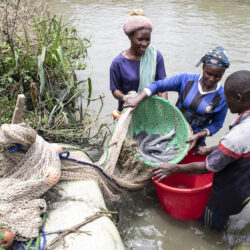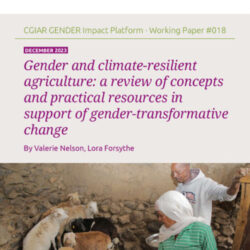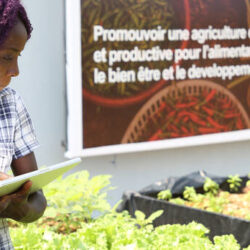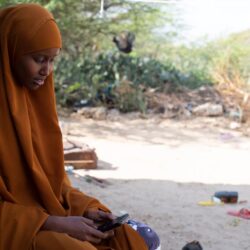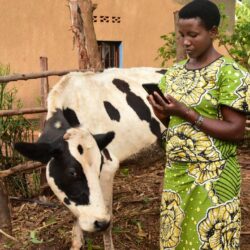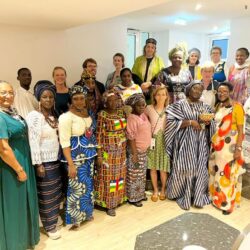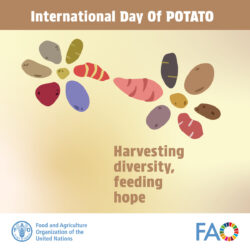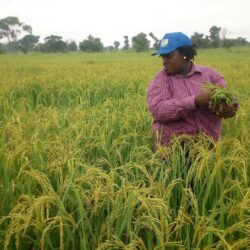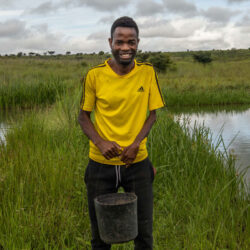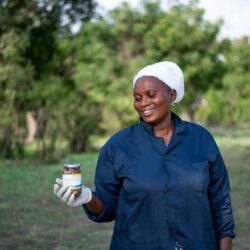Special feature: World Fisheries Day 2024 -The role of small-scale fisheries in building a resilient future
On 21 November 2024, World Fisheries Day is celebrated worldwide to highlight the vital role of fisheries in providing food, supporting livelihoods, and conserving biodiversity. This day emphasizes the importance of sustainable fishing and the responsible management of aquatic resources to ensure food security and socio-economic growth for future generations. Global fisheries and aquaculture production reached an all-time high of 223.2 million tonnes in 2022, with 185.4 million tonnes coming

